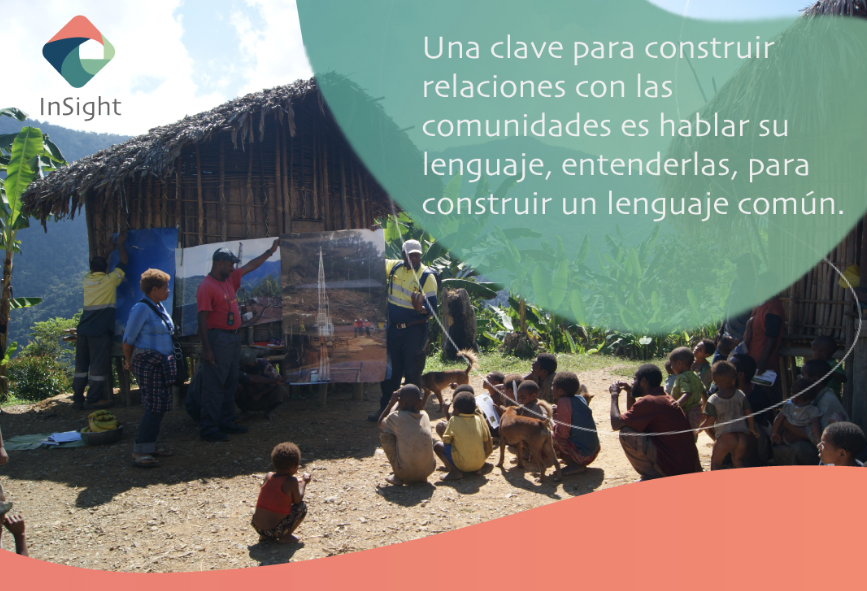Intercultural Communication: Definition and Relevance in a Globalized World
Intercultural communication is a fundamental skill in an increasingly globalized world. It involves the interaction and exchange of information between people from different cultures and cultural backgrounds. These cultural differences can significantly influence how communicative messages are perceived, interpreted and responded to.
Intercultural Communication in Colombia
It is ironic that we speak of inclusion and respect, when we do not seek to understand the other, and only expect the other to understand us.
In Colombia we speak mostly Spanish, but we cannot ignore the fact that there are more than 60 indigenous languages that are still alive and are constitutionally recognised. Such is the recognition of our linguistic diversity that one of the fundamental principles of prior consultation is bilingualism, which means that companies must guarantee the service of a translator in a consultative process with ethnic communities.
This implies understanding, as the Spanish researcher Estrella Israel Ph.D. pointed out, "that reality is multicultural, plural and diverse is a fact, a starting point. Trying to make it intercultural involves the development of intercultural communicative devices". I would go so far as to say that intercultural communication should be a required skill, an additional competence in the business world.
Let us think for a moment, if speaking the same language, sharing the same customs and habits, and working in the same sector or company, human beings have misunderstandings, how many more difficulties can arise when trying to communicate from different cultures and languages? How many different perceptions and interpretations of the same issue can arise along the way?
Why is it so important?
For dialogue and consultation processes with ethnic communities, we must be prepared to step out of "our box", out of our way of understanding the world, to get to know the social, economic and cultural realities of our interlocutors, to recognise differences, and to explore common ground.
This requires broadening the perspective and the field of vision, and creating safe spaces for all parties involved to have the freedom to express themselves genuinely; also, creating space for uncertainty and for "not knowing", as not all the rules of the game will necessarily be clear before the dialogue begins. It is not a matter of assuming, but of putting all the details on the table, i.e. the communicative devices that Israel talks about, in order to generate conversations that overcome language barriers.
And it also involves agreeing on the forms, down to the smallest details, such as how to greet, how to address the community leader, whether we sit on the same level or not, whether there will be a ritual or whether photographs can be taken.
Stronger relationships with Isight Social
Intercultural communication is about understanding, respect and dialogue based on differences, and giving each other permission to build a common world where there is understanding between the parties, who often come from totally different worlds.
By understanding cultural differences and practicing empathy and mutual understanding, we can foster stronger and more respectful relationships between people from different cultures. This also involves recognizing cultural stereotypes and fostering open and respectful dialogue.
At Insight Social we want to help you achieve these goals. Contact us here

